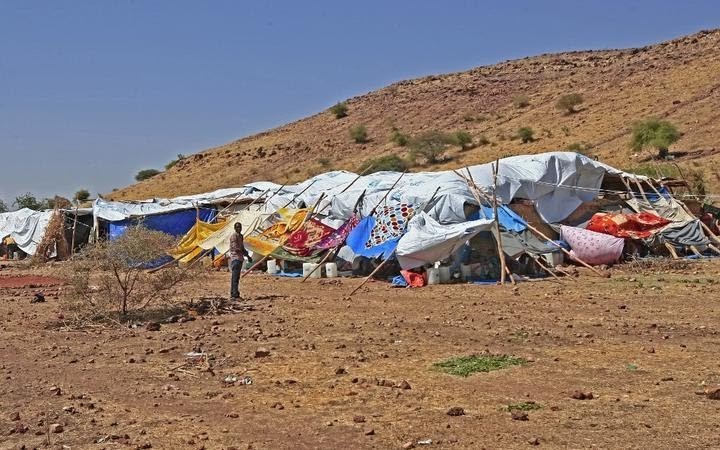Conflict Forces 40,000 Refugees Out of Ethiopia

The conflict between government forces and the Tigray People’s Liberation Front (TPLF) in northern Tigray region has forced around 40,000 Ethiopian refugees to Sudan.
The Ethiopian government has given a 72-hour warning for an offensive in the Tigray’s capital, Mekelle, in order to flush out the fighters of the TPLF.
Ethiopia’s state-appointed Human Rights Commission has accused a youth group from the Tigray’s TPLF of killing more than 600 civilians.
Prime Minister Abiy Ahmed has called the offensive a military “law enforcement operation”.
Aid groups fear the conflict could trigger a humanitarian crisis and destabilise the Horn of Africa region and the most populous country in East Africa.
Abiy asked the international community to stand by until a request for help is sent to them by the government of Ethiopia.
“[They] should stand by until the government of Ethiopia submits its requests for assistance,” he said in a statement on Wednesday morning.
According to AFP, African countries reportedly requested more time to allow for diplomatic efforts by the African Union to continue.
How the Conflict Started
According to reports, the conflict started on 4 November, when Ethiopian Prime Minister Abiy Ahmed ordered a military offensive against regional forces in Tigray.
The PM said the offensive was in response to an attack by the TPLF on a military base housing government troops in the troubled Tigray.
Experts attributed the initial conflict to the resistance of the TPLF to the political reforms initiated by the Mr Abey who took office after anti-government protests in 2018.
TPFL was at the centre of power for over three decades before it was pushed out by Abiy.
Among the Abiy’s political reforms include the liberalisation of politics and setting h a new political party called the Prosperity Party.
He had also removed key Tigrayan government leaders accused of corruption and repression, a movement seen by the TPLF as an attempt to centralise power.
Meanwhile, Abiy ended a long-standing territorial dispute with neighbouring Eritrea, earning him a Nobel Peace Prize in 2019.
The crisis escalation came after months of ups and downs between Abiy’s government and leaders of Tigray’s dominant political party.
Support Our Journalism
There are millions of ordinary people affected by conflict in Africa whose stories are missing in the mainstream media. HumAngle is determined to tell those challenging and under-reported stories, hoping that the people impacted by these conflicts will find the safety and security they deserve.
To ensure that we continue to provide public service coverage, we have a small favour to ask you. We want you to be part of our journalistic endeavour by contributing a token to us.
Your donation will further promote a robust, free, and independent media.
Donate HereStay Closer To The Stories That Matter




